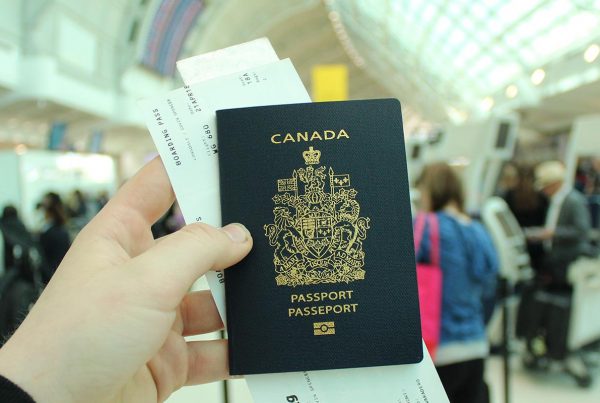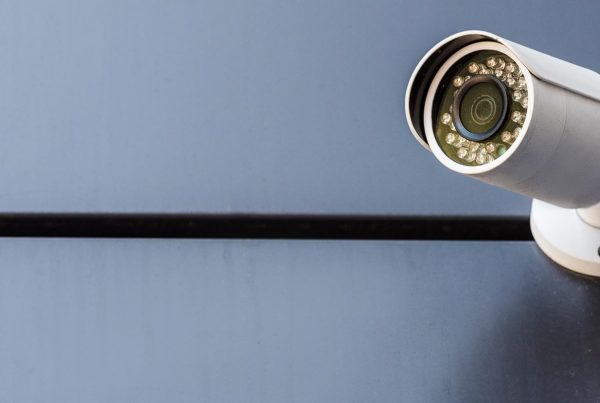CCLA’s international partners publish a report on global (mis)use of technologies during the pandemic
The International Network of Civil Liberties Organisations, to which CCLA belongs, along with the European Centre for Not-for-Profit Law and Privacy International joined together to track the negative impacts of surveillance technology and measures deployed during the Covid-19 pandemic on activist movements and organisations. They conducted a broad survey of Covid-19 surveillance measures adopted in the 15 member countries of INCLO(including Canada) and then worked in collaboration with local groups and researchers do a deeper dive in Colombia, France, Indonesia, Kenya, and South Africa.
The report identifies five overarching trends.
1) The repurposing of existing security measures.
Laws, technologies, and agencies that had previously been associated with counter-terrorism and national security pivoted to the new objective of fighting the spread of Covid-19. We found evidence that cybercrime laws were expanded to censor critical voices and persecute people accused of spreading misinformation about the pandemic in Bangladesh, Indonesia, Kenya, Niger, and Saudi Arabia.
2) The silencing of civil society
Countries such as the Philippines, Russia, and South Africa introduced new legislation to criminalize pandemic-related misinformation. When combined with criminal penalties – up to six years of jail time in Argentina – and unclear criteria to define what qualifies as misinformation, these measures contribute to a climate of fear and intimidation. Surveillance technology was also used to monitor public spaces under the justification of enforcing lockdown quarantine and social distancing requirements.
3) The risk of abuse of personal data
Governments introduced various technological tools designed to trace the spread of the virus — many of which depended upon the vast collection of personal data, including sensitive data. These technologies were rapidly designed and introduced with little public consultation
or oversight. We determined that many contact tracing or quarantine enforcement apps were introduced without justification, or legal basis, which is disproportionate to the stated objective, creating a serious threat of data abuses, including the risk of targeting activists.
4) The influential role of private companies
During the pandemic companies cooperated with governments to develop contact-tracing apps and tools and engaged in data-sharing agreements that were often murky. In countries like Colombia and the United Kingdom, the scope of opaque public-private partnership agreements were only revealed after activists demanded transparency through freedom of information laws. The Covid-19 pandemic also exposed the growing influence of tech giants such as Google and
Apple who were able to dictate the protocols for contact-tracing apps and as a consequence shape public health responses, raising important questions about democratic oversight and accountability over private companies’ ability to set global standards amid crises.
5) The normalisation of surveillance beyond the pandemic
We have good reason to fear the possibility of mission creep, as we have already seen some governments announce their intention to use data collected during the pandemic for secondary purposes, such as the development of national health platforms in Colombia, India, and South Africa. The use of data originally collected in exceptional circumstances for non-emergency purposes violates the principle of purpose limitation and contributes to the normalization of a
surveillance state that accumulates large amounts of data about people in a way that is disproportionate to its necessity and intrusiveness.
Based on these findings, the report makes recommendations for state actors, companies and civil society, calling for improved respect for human rights, better transparency about new surveillance measures, and legal safeguards for any and all extraordinary data collection and use during public emergencies in future.
About the Canadian Civil Liberties Association
The CCLA is an independent, non-profit organization with supporters from across the country. Founded in 1964, the CCLA is a national human rights organization committed to defending the rights, dignity, safety, and freedoms of all people in Canada.
For the Media
For further comments, please contact us at media@ccla.org.





